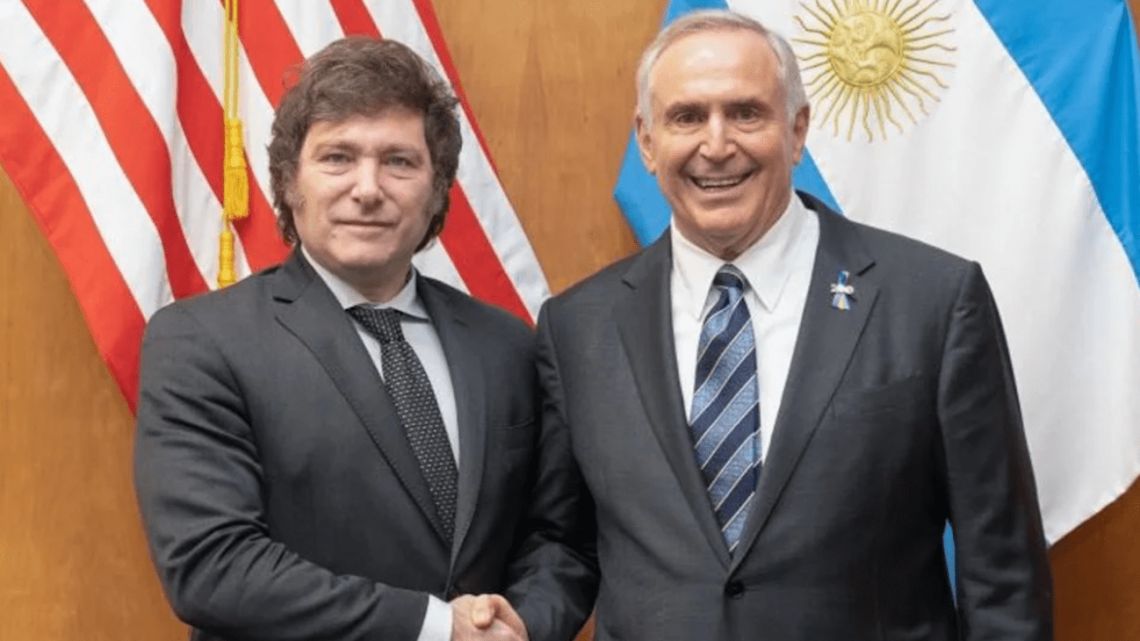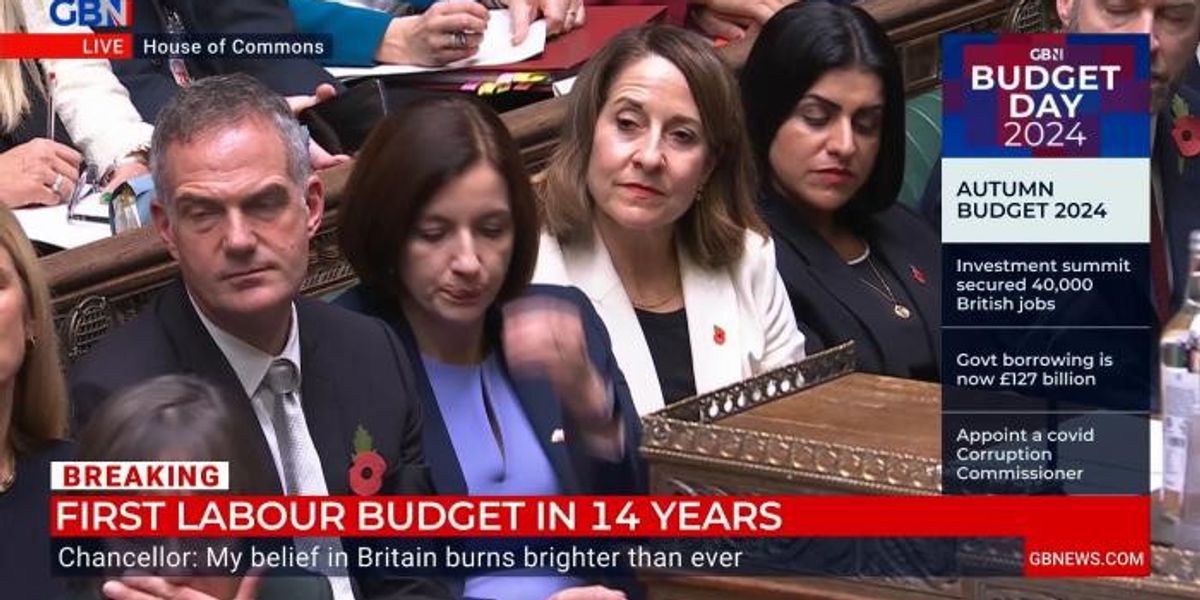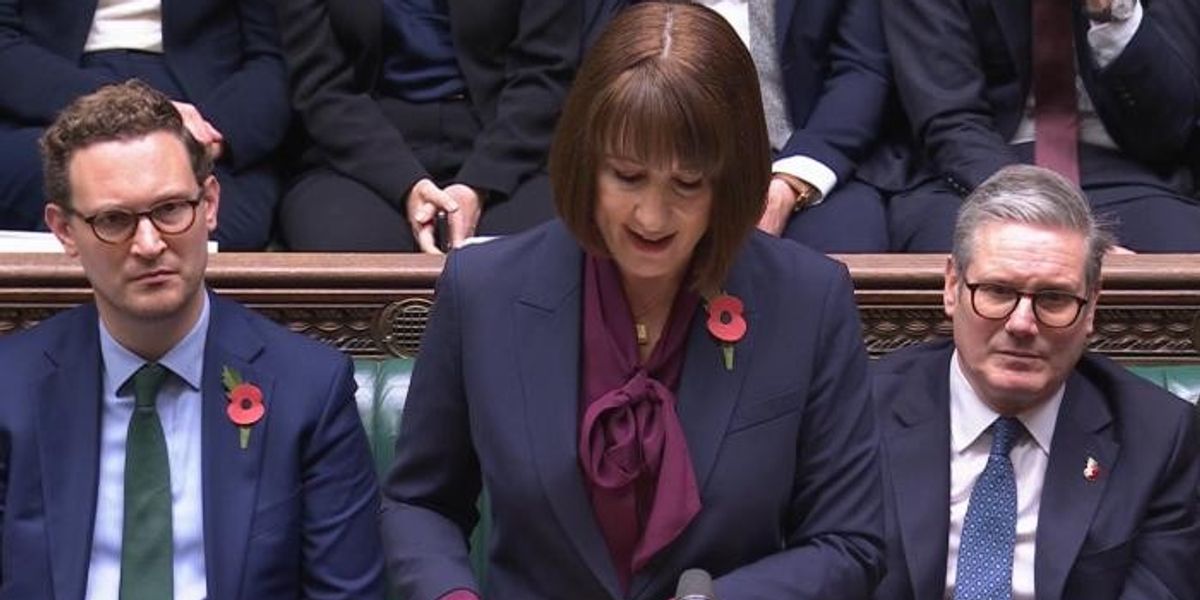A former Bank of Canada governor wants the Trudeau government to be forthcoming on the costs to its climate plan. David Dodge, 81, acknowledged incredible strain on household finances.
“We are all going to pay for it one way or another,” he testified at the Senate energy committee. “I’ll call it pain.”
“Political authorities have an important responsibility to be honest and forthright with the public as to what’s at stake.”
Blacklock’s Reporter found that Dodge did not clarify specifics on the added financial burden.
The tax is currently worth 12¢ per litre of propane, 15¢ per cubic metre of natural gas, 18¢ per litre of gasoline, 20¢ per litre of aviation fuel and 25¢ per litre of heating oil. A 23% increase is due next April 1.
A November 19, 2021, briefing note claimed carbon taxes “keep life affordable.” That counters an earlier Parliamentary Budget Officer (PBO) report that said only the poorest 20% of households are net recipients.
“Based on our analysis, most households will pay more in fuel charges and GST — as well as receiving slightly lower incomes — than in Climate Action Incentive payments,” said PBO Yves Giroux in a statement to the Toronto Sun.
Dodge testified that Canadians have to “pay a price” for not reducing their consumption levels.
“There is a clear cost from a changing climate so it can’t be free to pollute,” said the note Pricing Carbon Pollution. “That’s why the Government of Canada introduced a price on carbon.”
“Carbon pricing works,” claimed Environment Minister Steven Guilbeault. “This has never been clearer.”
“People get more money back,” he previously said.
During an April 3, 2023, interview with CTV News, the minister acknowledged households pay more in carbon tax than they receive in rebates.
Focus group participants were livid by the misleading statistics, reported Blacklock’s Reporter. Even those who received “hundreds of dollars more than they paid” said they remained skeptics of the carbon pricing initiative.
A Department of Environment manager previously said it had minimal impact in reducing emissions, which have risen every year since the 2020 pandemic lockdowns and travel bans.
Liberal MP Ryan Turnbull admitted in 2022 there would be growing pains to achieving Canada’s climate goals.
“We are going to have to switch our lifestyles and that is going to be painful at times,” Turnbull said during debate on a budget bill. “Our plan is driven by our national price on pollution.”
A 2023 report from Jerry DeMarco, the environment commissioner, depicted federal climate programs as guesswork, and said the Trudeau government has never met an emissions target.
“Solutions exist,” writes DeMarco, “such as renewing the government’s fleet with zero-emission vehicles or implementing effective fiscal and regulatory measures to reduce greenhouse gas emissions.” But he contends the feds are implementing solutions “much too slowly.”
Should the carbon tax continue to rise through 2030, over half (56%) of small businesses would increase their prices to offset costs, said the survey Fueling Unfairness: Carbon Pricing And Small Business.
Over four in 10 (45%) said they would be forced to freeze or cut salaries. Another 40% would reduce investments in their business.
Conservative MP Philip Lawrence earlier asked the current Bank governor how long a period ending the carbon tax would reduce inflation. Tiff Macklem said one year.
Last October 30, he told the Commons finance committee it “would create a one-time drop in inflation of 0.6 percentage points” from the then rate of 3.8%.

Alex Dhaliwal
Calgary Based Journalist
Alex Dhaliwal is a Political Science graduate from the University of Calgary. He has actively written on relevant Canadian issues with several prominent interviews under his belt.

 By Rebel News | Created at 2024-11-05 21:02:59 | Updated at 2024-11-05 23:52:44
4 hours ago
By Rebel News | Created at 2024-11-05 21:02:59 | Updated at 2024-11-05 23:52:44
4 hours ago








